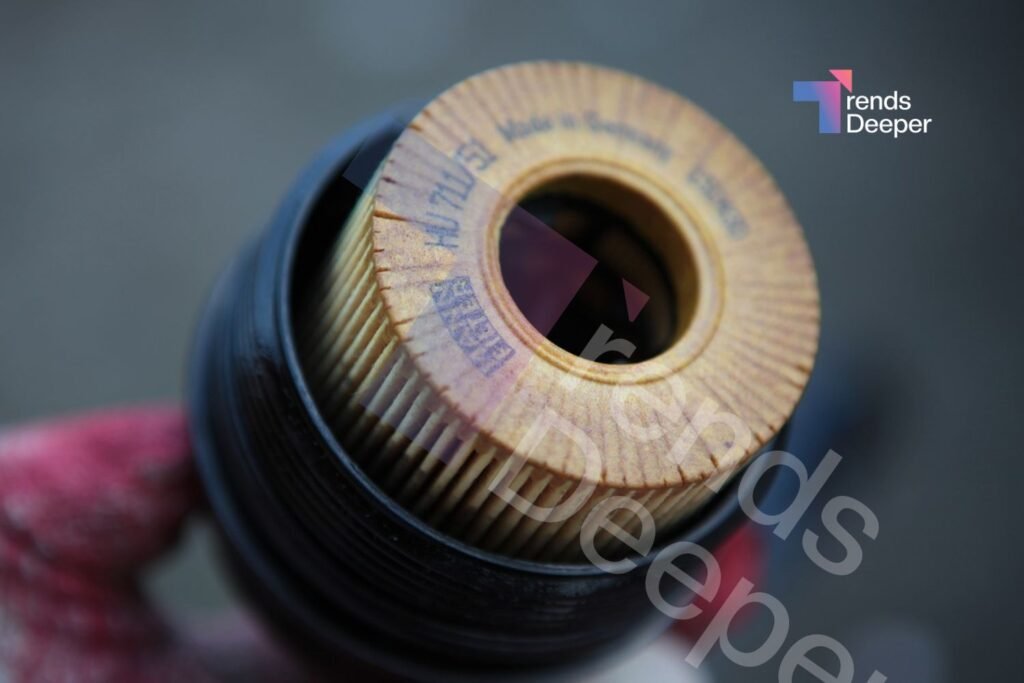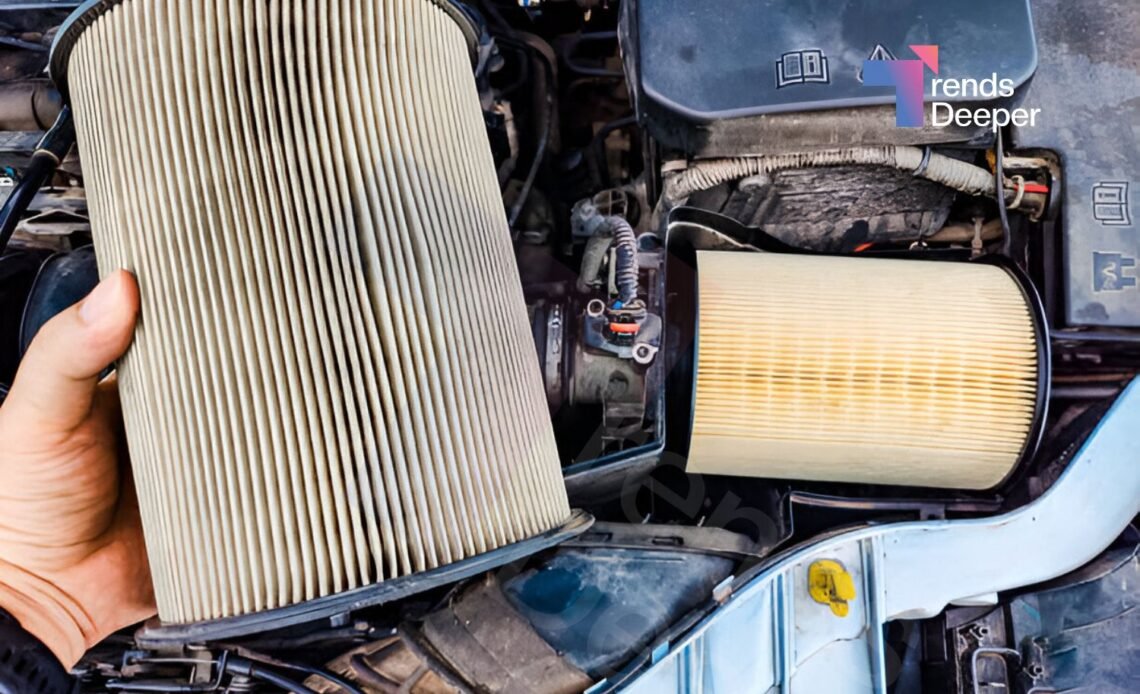In the intricate world of automotive engineering, where every part plays a role in ensuring the longevity and efficiency of a vehicle, engine oil filters are among the unsung heroes.
They are not glamorous or attention-grabbing, yet they perform an indispensable task: protecting engines from wear and tear. But in a market flooded with options, not all filters are created equal. The USCAR-36 specification, a lesser-known but highly significant industry standard, sets the benchmark for filters that guarantee performance in modern gasoline engines.
At first glance, it might seem trivial—after all, an oil filter is just a filter, right? But as with most things in life, the devil is in the details.
What Is USCAR-36?
The USCAR-36 specification is a standard developed by the United States Council for Automotive Research (USCAR). This specification specifically governs the design and performance of gasoline engine oil filters. It ensures that filters meet precise requirements for engine protection, durability, and overall performance.
Compliance with USCAR-36 is a mark of quality, particularly for manufacturers like Ford, GM, and Chrysler, who demand stringent filtration standards for their vehicles.

Why does this matter? Because in today’s engines, which are more technologically advanced than ever, maintaining cleanliness inside the engine is paramount. The wrong filter—or a subpar one—can lead to clogged oil pathways, reduced efficiency, and, in the worst-case scenario, catastrophic engine failure. That’s why USCAR-36 exists: to prevent such disasters from occurring.
What Makes USCAR-36 Filters Different?
Filters that meet the USCAR-36 standard are designed to perform under extreme conditions. They have been tested for efficiency in capturing contaminants, durability over time, and the ability to maintain consistent oil flow through an engine. Meeting the standard means the filter can handle the demands of modern engines, particularly those with higher oil pressures and more complex lubrication systems.
While most drivers may not think twice about the filter being used in their vehicles, USCAR-36 is a behind-the-scenes guardian of automotive reliability. Filters must pass tests related to pressure loss, filtration efficiency, and resistance to burst pressures—ensuring that even in the harshest conditions, they can perform without fail.
The Market and Filters That Comply
When considering which filters meet the USCAR-36 standard, several well-known names stand out. Companies like Fram, Purolator, and Royal Purple have developed filters that are specifically engineered to meet this rigorous standard. For car manufacturers who demand USCAR-36 compliance, filters are often designed as OEM (Original Equipment Manufacturer) products, ensuring that they meet the exact specifications required for performance.
However, despite the importance of this standard, not all aftermarket filters on the market advertise compliance. This makes it crucial for consumers to be informed and selective about their choices, particularly for vehicles that demand the highest level of filtration efficiency.
Do BProAuto Filters Meet USCAR36 Specifications?
As for BProAuto filters, there is no clear evidence confirming whether they specifically meet USCAR-36 specifications. While BProAuto filters are designed to meet high standards of filtration and engine protection, official confirmation of USCAR-36 compliance is not readily available. This makes it important for consumers looking for USCAR-36 compliant filters to verify with the manufacturer or opt for brands that explicitly state their compliance, like Fram and Purolator.
A Historical Context: Lessons in Precision
To understand the importance of such precision, it’s useful to look back at some of the automotive industry’s most significant mechanical failures. In the early days of engine manufacturing, before modern filtration technology existed, engines were often prone to excessive wear and failure due to contaminants circulating in the oil. Innovations like oil filtration systems significantly improved engine life, marking a turning point in automotive reliability. However, it wasn’t until the introduction of standards like USCAR-36 that modern engines could operate with the high efficiency and cleanliness we take for granted today.
This evolution mirrors broader developments in automotive safety—just as airbags, seat belts, and antilock braking systems have become industry standards, oil filtration has its own set of life-saving technologies. And just as with other safety features, the filters that protect your engine must be held to the highest standards.
Why Consumers Should Care
For consumers, the USCAR-36 standard might seem like an obscure technical detail. But this specification directly impacts the longevity of their vehicle. A compliant filter ensures that the engine remains free of harmful particles and debris, which can degrade performance over time. It’s not just about making a car run smoothly today, but about keeping it running for years to come.
Choosing a filter that meets USCAR-36 is about investing in reliability. Much like opting for high-quality tires or premium fuel, it’s a small but significant way of ensuring that your vehicle stays on the road longer, without unexpected breakdowns or expensive repairs.
The Bigger Picture: Precision and Engineering Excellence
In a world where technology is advancing at lightning speed, and where even our cars are becoming increasingly complex machines, the importance of precision can’t be overstated. The USCAR-36 specification stands as a reminder that even the smallest components in a car require careful engineering and attention to detail. Filters that meet this standard embody that commitment to excellence.
While the average driver might not think much about the oil filter beneath the hood, it remains one of the unsung champions of automotive safety. And as with all champions, it deserves recognition—especially when held to the exacting standards of USCAR-36.
In the end, the USCAR-36 filter isn’t just a piece of machinery; it’s a promise. A promise that no matter how far technology evolves, the basics—like keeping your engine clean—will never go out of style.


